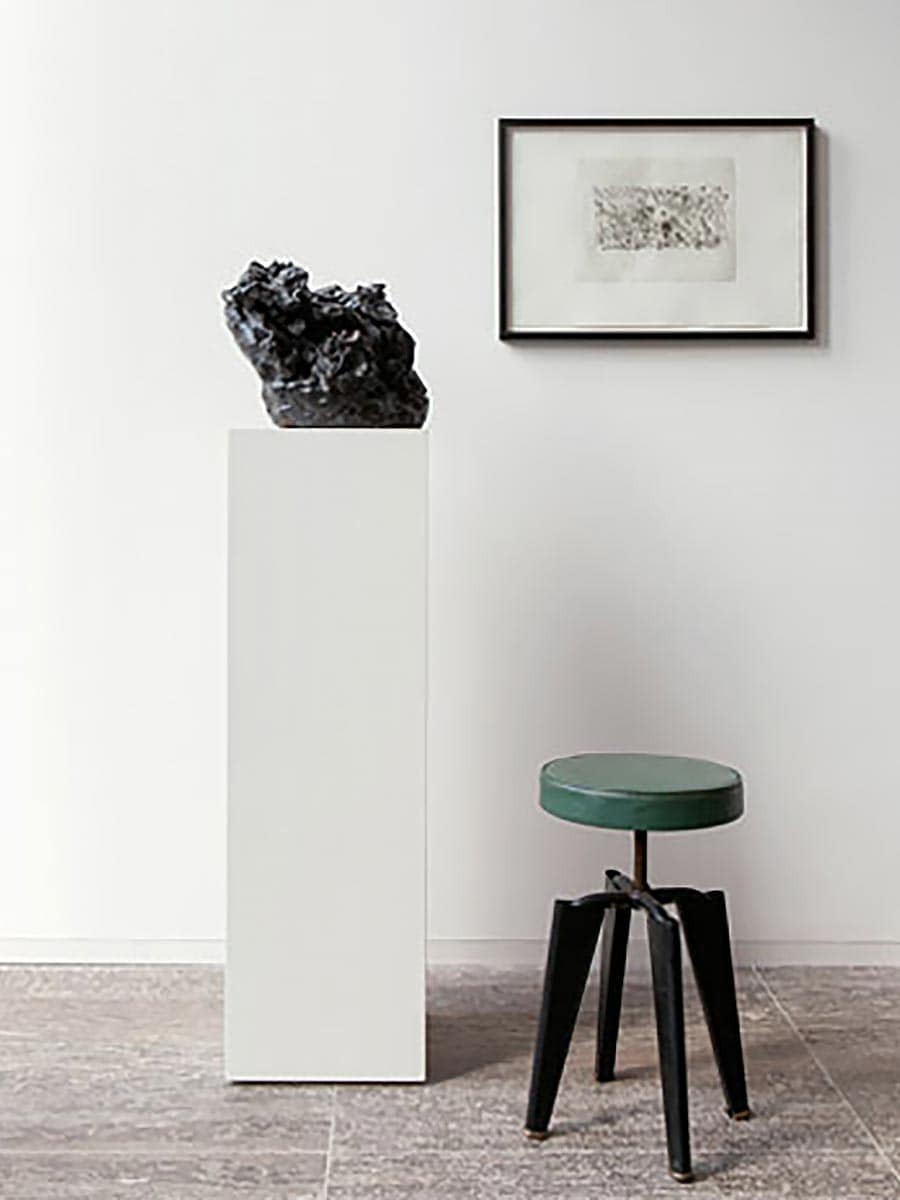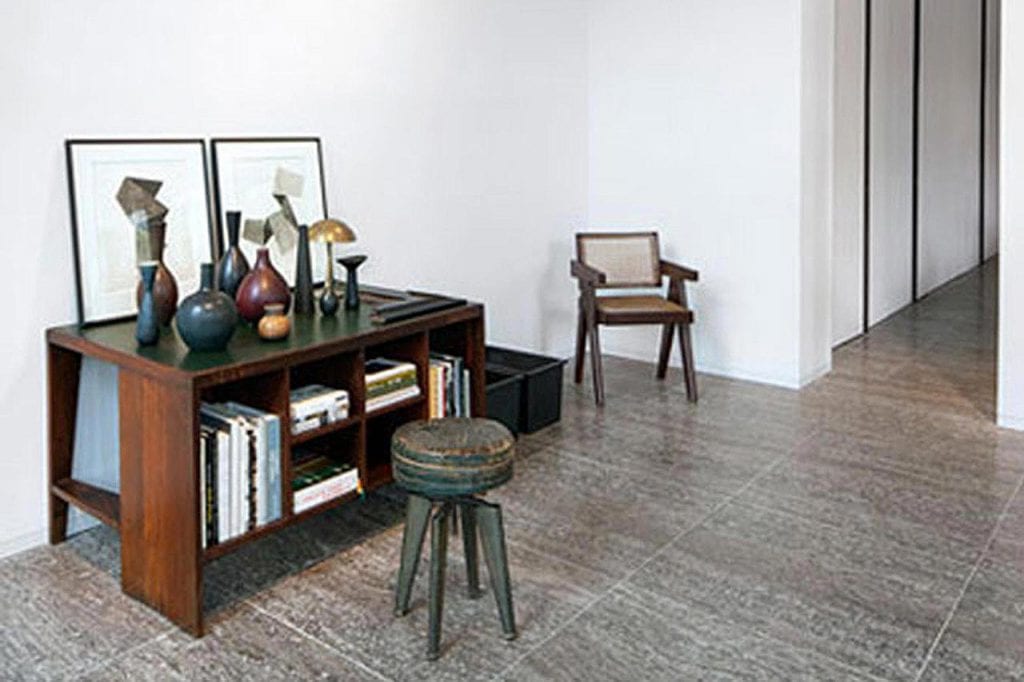Style secrets
“Actually I don’t much like the word luxury, I prefer to think in terms of comfort”, says interior designer Oliver Jungel.
Even as a young man, he had his own particular notions of necessity and indulgence: when he got his first pay packet, for instance, he bought himself a pair of leather shoes – they cost a small fortune but he wore them for ages and wore them with pleasure, noting with fascination that the more worn and patinated they became, the better they looked.
Over the years, his enthusiasm for simplicity has hardly dimmed – you don’t need lots of things, he believes, but what you do have should be of absolute quality, the kind of quality you can see and feel. Here, he talks to use about exquisite interiors, contemporary style and human needs.

Less is more: with his simple but expert arrangements of furniture and objects, Oliver Jungel focuses attention on each piece’s essence
How can decoration be combined with simplification?
Oliver Jungel: You focus on the individual things and approach them in a completely different way – in my experience, at least, hanging a great work of art above a single chair creates a deeper connection with the moment and with time than if you have, say, 40 different pictures on a wall plus a formidable collection of armchairs and sofas. When you distil a broad assortment down to the essentials, the remaining pieces take on greater significance. That’s how I design spaces – as if I were creating an essence.
How would you describe your taste?
Jungel: I have an eye for originals and one-offs; imitations and mass-market products have nothing to say and so aren’t really of interest to me. Don’t get me wrong – for a work or piece of furniture to have merit, it doesn’t necessarily have to be expensive. I recently bought an oil painting in Jerusalem by a little-known artist from the 1970s. A piece like that makes me happier than many of the other international artworks I own.
What marks your project work out?
Jungel: I take my cue from my own personal needs, which are in line with the interior ideas of the early 20th century. We want room to breathe, we need light and we want to be surrounded by natural materials such as wooden flooring or natural stone. It’s in our DNA that we appreciate these familiar elements, along with good, traditional craftsmanship and solid build quality. We feel safe and at home amidst this kind of architecture and that’s the direction we should be taking again now.
Your studio is a pretty amazing and stylish space itself. Does it also serve to steer clients in a particular aesthetic direction?
Jungel: I’m sure there are clients who come wanting to have something from this studio in their own home and who find this kind of lifestyle and interior style attractive. That wasn’t my intention when I created the showroom though. I just thought that these are things I like having around me – I have very much the same look at home. The way I work seems to strike a chord with people and that’s very gratifying.
To what extent are you able to set your own personal taste aside when working on a project?
Jungel: Mostly I don’t have to because, when I’m passionate an object or artwork, that immediately transfers to the client. It works the other way too, when I’m not keen on a thing at all. So I haven’t really had to do anything that went against the grain yet.
You have an eye for detail and for the big picture. How do you think that developed?
Jungel: I’ve always kept my eyes open and taken in everything that’s around me. I’m incapable of not looking – it’s something that really hones your ability to process both the whole and the details.
I concern myself with the big issues of the day, with the question of what we can pass on to future generations and what I myself can pass on to my son. In my many collaborations with external partners and through my work with my staff, I aim to create something whose quality will stand the test of time.
Is there one design trend that is currently particularly popular?
Jungel: Traditional craftsmanship, definitely – you’ve got some incredibly talented, creative people there; they are coming up with captivating designs and using traditional techniques to produce contemporary furniture. Short-lived design concepts are of no interest to me.

Enduring elegance: here, Oliver Jungel has stylishly combined Pierre Jeanneret seating, fine ceramics and industrial chic – the interior designer has little time for modern trends